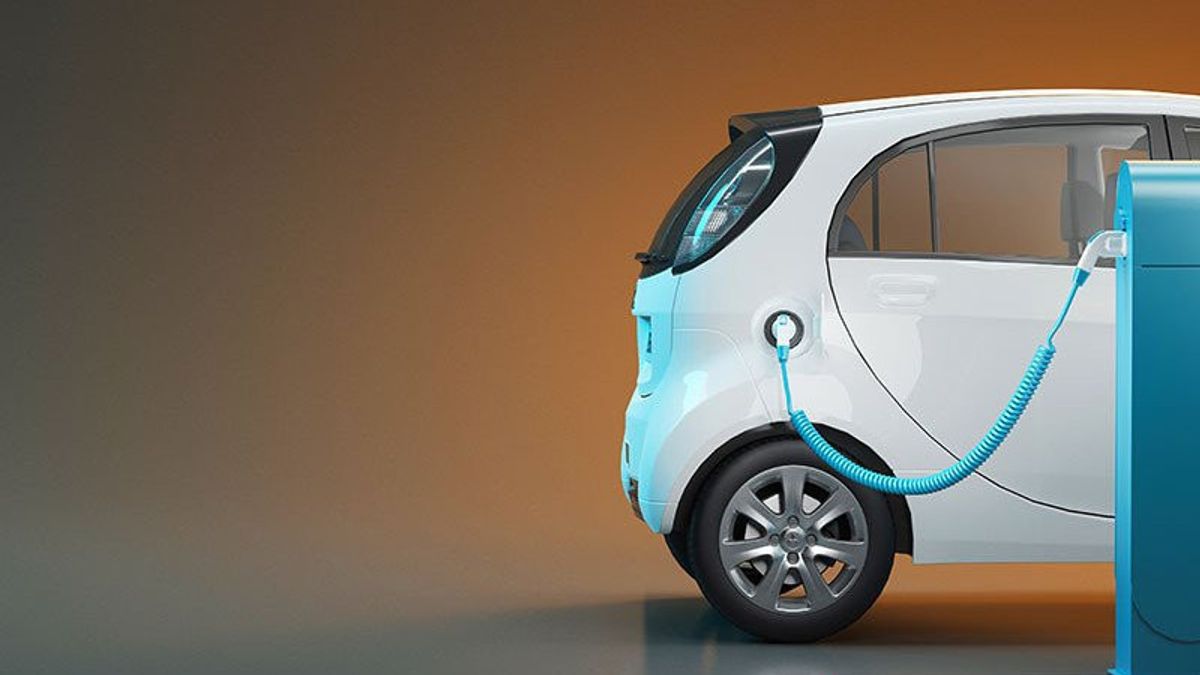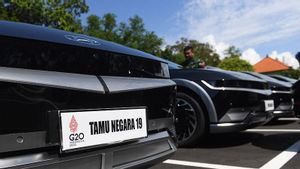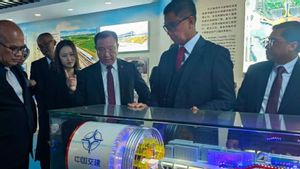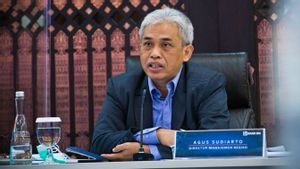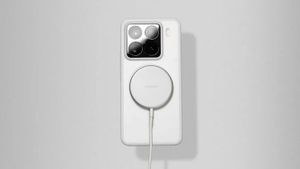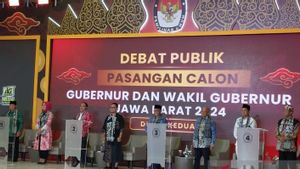JAKARTA - Issuance of Minister of Finance Regulation (PMK) Number 49 of 2023 concerning Standard Input Fee for Fiscal Year 2024 on April 28, 2023, reaps the pros and cons among the community.
The regulation states the Input Fee Standard (SBM) for electric cars for Civil Servants (PNS).
Executive Director of the Center for Research on Ethics Economy and Democracy (CREED), Yoseph Billie Dosiwoda, assessed that the public had misinterpreted the implementation of SBM in PMK Number 49/2023.
Yoseph emphasized that this electric car SBM is not a form of project procurement allocation.
But the arrangement for the upper limit on the budgeting ceiling that can be submitted by the ministry or institution (K/L) for the procurement of electric vehicles.
"So the public should not misinterpret if the government wastes money, in fact this SBM is a budget ceiling fee standard that functions to provide a legal umbrella if there are government agencies who want to apply," Yoseph told reporters, Monday, May 22.
Article 2 letters a and b PMK No. 49/2023 regulates the maximum limit or budget estimate that can be submitted by K/L.
Terlampir, untuk motor listrik anggaran maksimalnya adalah Rp28 juta per unit dan kendaraan listrik untuk operasional kantor maksimal Rp430 juta.
Meanwhile, the procurement of electric cars for echelon I is a maximum of IDR 967 million, while for echelon II a maximum of IDR 746 million.
"The implementation of this SBM provides the highest price limit in the procurement of electric vehicles, meaning that the amount cannot be exceeded. This is all in order to maintain budget efficiency in the APBN," said Yoseph.
"In this case, it seems that the government also wants to open space for those who want to implement the procurement of electric cars, but with the budget limit set by the government through the PMK," he continued.
He explained that the SBM regulation for electric cars, when viewed from the aspect of relations with other policies, actually has a positive goal.
First, reducing carbon emissions in public spaces as a form of support for the government which has ratified Law Number 16 of 2016 concerning the ratification of the Paris Agreement to the United Nations Framework Convention on Climate Change.
Second, this regulation can at the same time encourage the growth of the electric car industry in Indonesia which is starting to get excited.
"This means that this regulation also supports the economic sector's activities behind the electric car industry. Where this electric car requires a very large component of the nickel industry for the battery and survival needs of workers working in this sector," said Yoseph.
SEE ALSO:
"So the target of this policy has a vision that accommodates the lives of many people, namely to ensure that jobs for workers who work in the electric car industry can still be available," he added.
The English, Chinese, Japanese, Arabic, and French versions are automatically generated by the AI. So there may still be inaccuracies in translating, please always see Indonesian as our main language. (system supported by DigitalSiber.id)
